Join Aaron David Miller as he engages Pulitzer Prize winning author and The New York Times columnist Thomas L. Friedman on what Americans can expect from the next three years of the Trump administration.
Aaron David Miller, Thomas L. Friedman
Aaron David Miller sits down with Princeton University Dean Amaney Jamal and Columbia University Dean Keren Yarhi-Milo to discuss the campus protests sparked by the Israel-Hamas war in Gaza.
This past spring many college and university campuses were roiled by unprecedented protests sparked by the Israel-Hamas war in Gaza. Not since Vietnam has any foreign policy issue resulted in such widespread demonstrations on campuses.
What explains the intensity of the reaction? Has the Israeli-Palestinian conflict become a permanent fixture of hot debate? What lessons have been learned should demonstrations reoccur this fall? And is it possible to have productive conversations about the conflict without succumbing to nationalized, polarized narratives in a toxic media environment?
Join Aaron David Miller as he sits down with Princeton University Dean Amaney Jamal and Columbia University Dean Keren Yarhi-Milo for a wide-ranging discussion of these and other issues.
Carnegie does not take institutional positions on public policy issues; the views represented herein are those of the author(s) and do not necessarily reflect the views of Carnegie, its staff, or its trustees.
Join Aaron David Miller as he engages Pulitzer Prize winning author and The New York Times columnist Thomas L. Friedman on what Americans can expect from the next three years of the Trump administration.

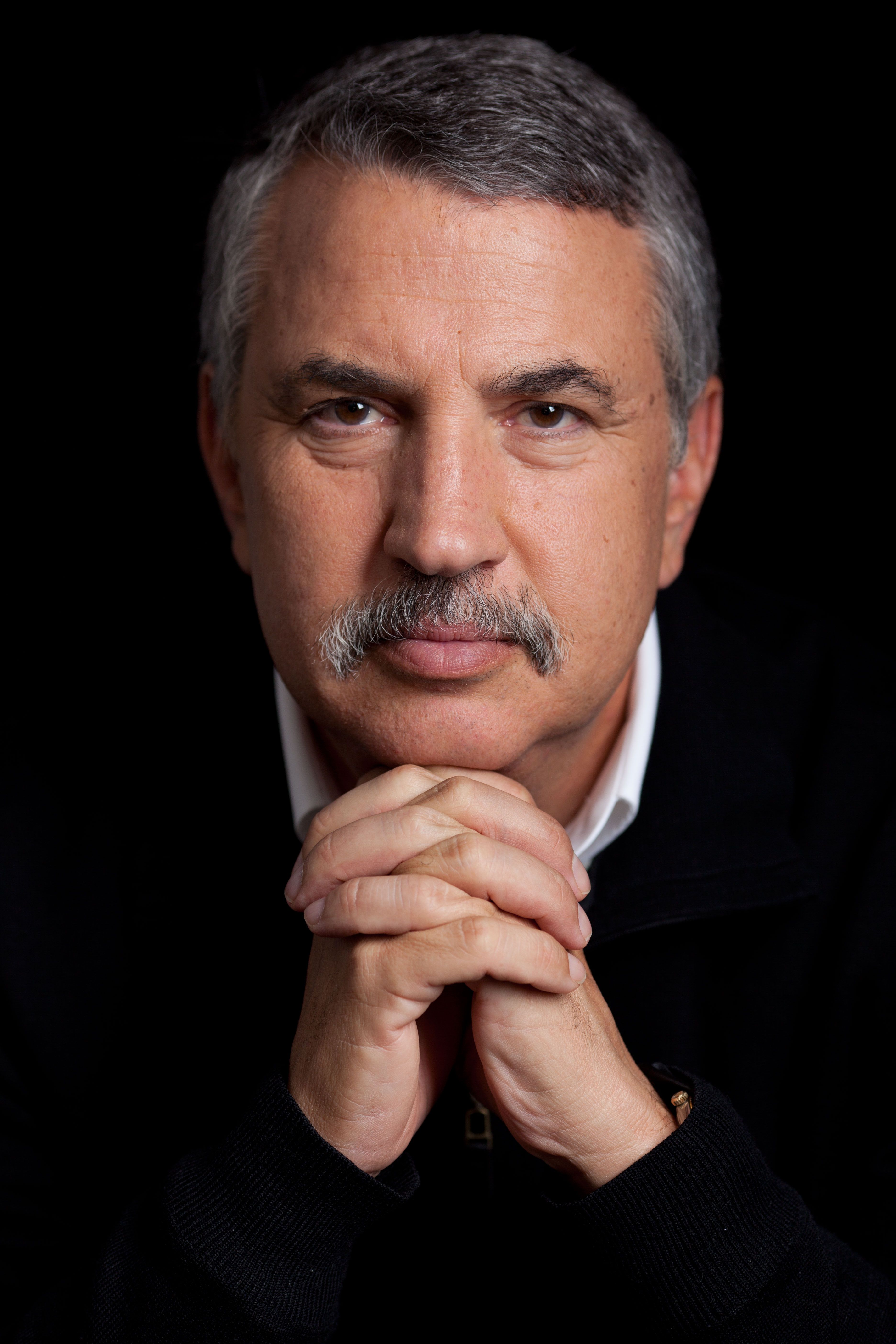
Aaron David Miller, Thomas L. Friedman
Join Aaron David Miller as he engages two veteran Iran analysts, the Carnegie Endowment’s Karim Sadjadpour and the New Yorker’s Robin Wright in conversation to discuss the unfolding crisis in Iran and America’s reaction.

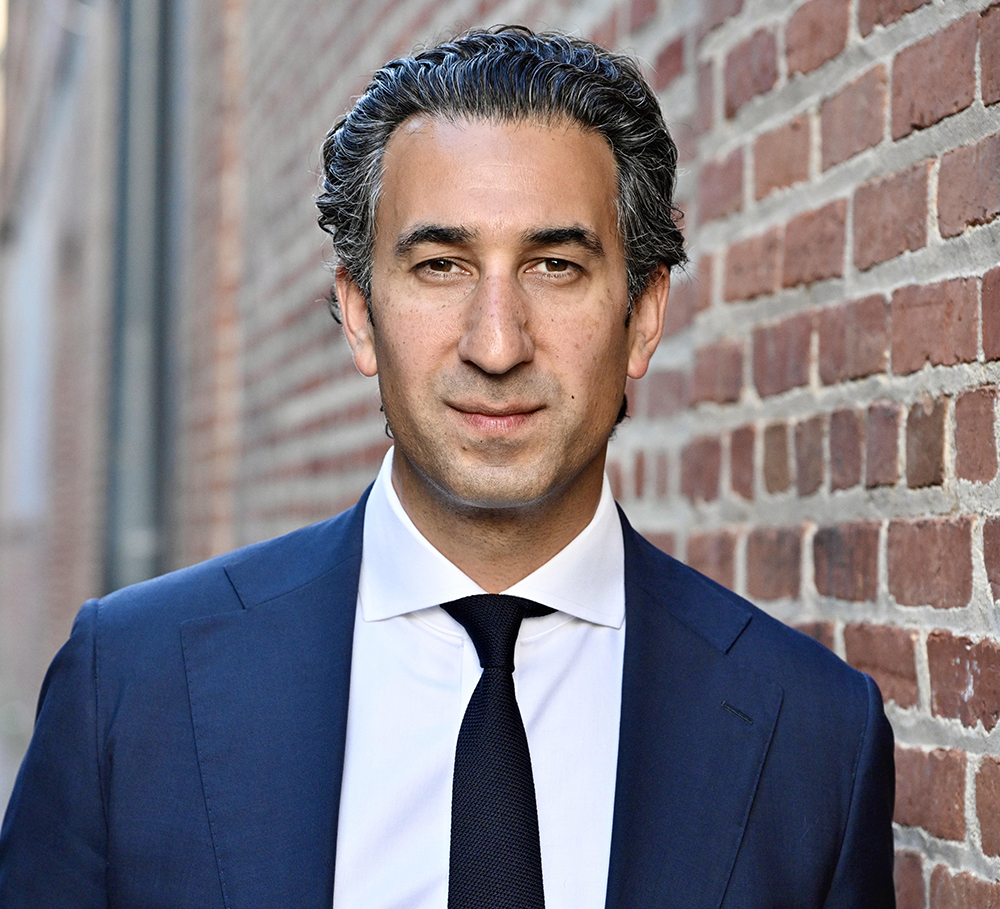
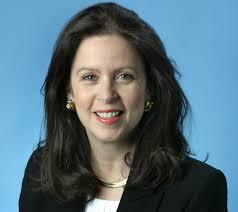
Aaron David Miller, Karim Sadjadpour, Robin Wright
Join Aaron David Miller as he engages the Council on Foreign Relations’ Rebecca Lissner and the Stimson Center’s Emma Ashford on the second Trump administration's approach to foreign policy.

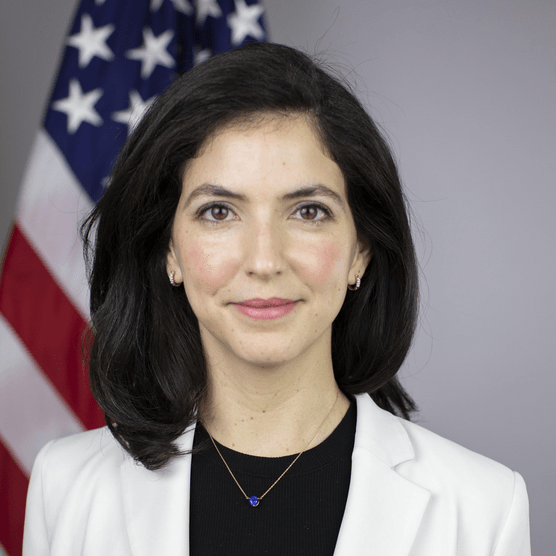
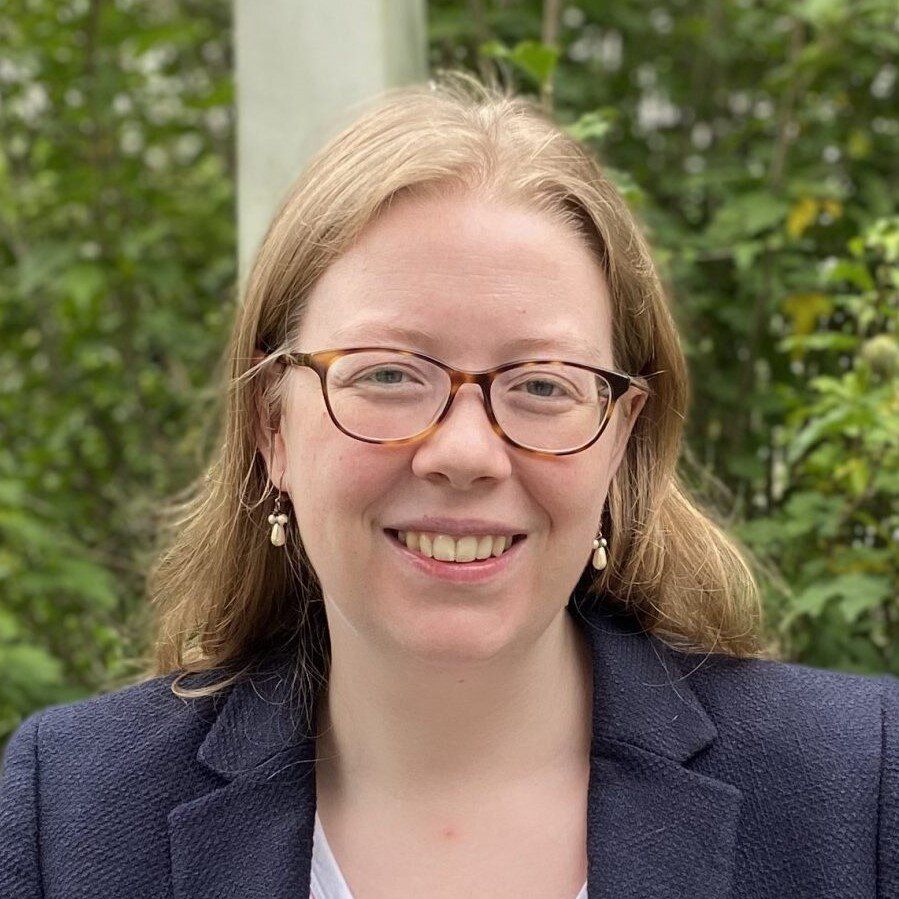
Aaron David Miller, Rebecca Lissner, Emma Ashford
Join Aaron David Miller as he engages the International Crisis Group’s Phil Gunson, the Baker Institute’s Francisco Monaldi, and Johns Hopkins SAIS’s Cindy Arnson on the Trump administration's capture of Venezuelan President Nicholás Maduro and its global implications.

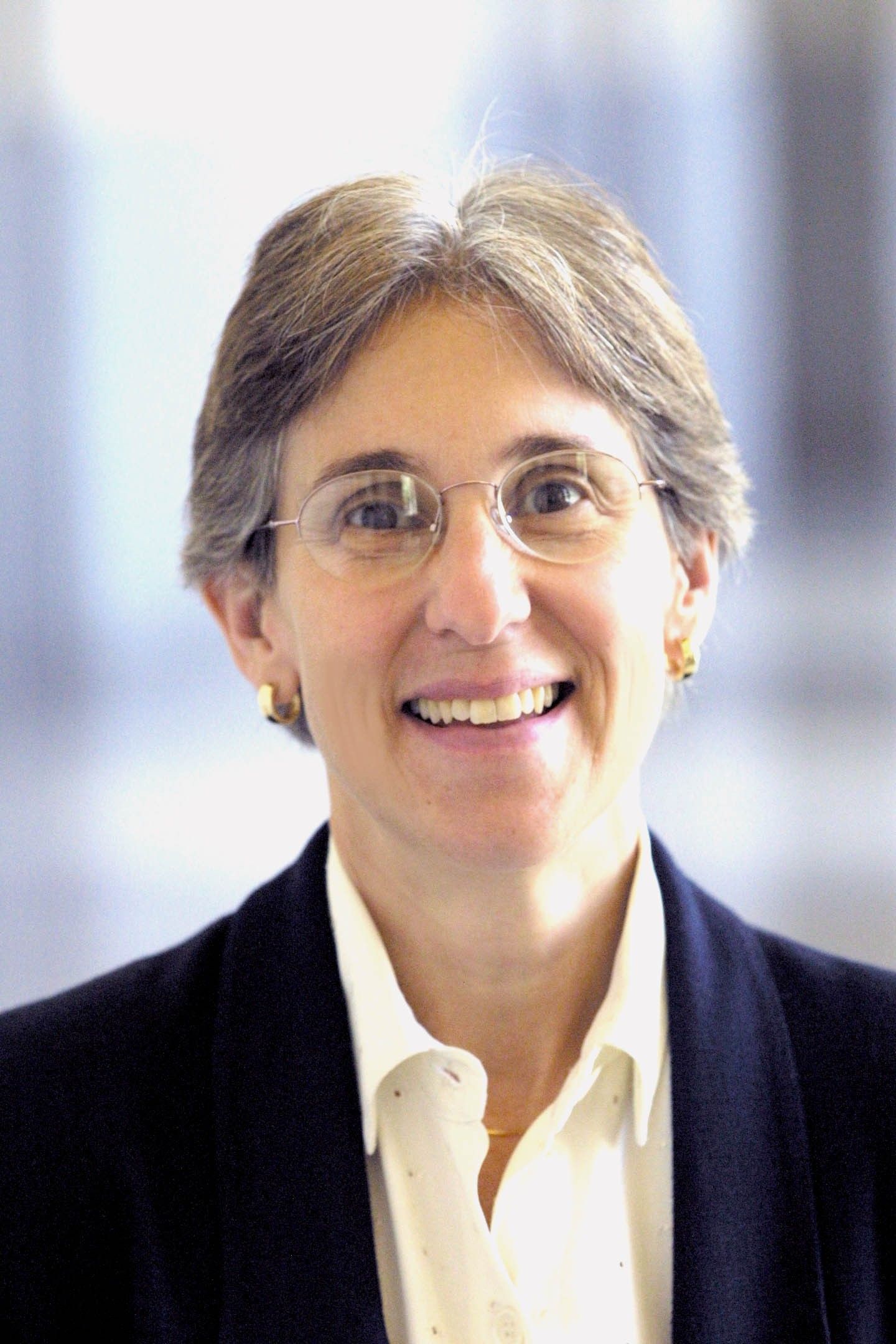
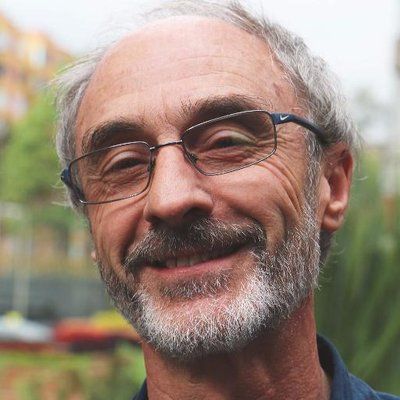
Aaron David Miller, Cynthia Arnson, Phil Gunson, …
Join Aaron David Miller as he assesses the state of the Trump administration's plan to end the war in Gaza with Carnegie’s Marwan Muasher, Israel Policy Forum’s Nimrod Novik, and former Palestinian Authority adviser Manal Zeidan, on the next Carnegie Connects.

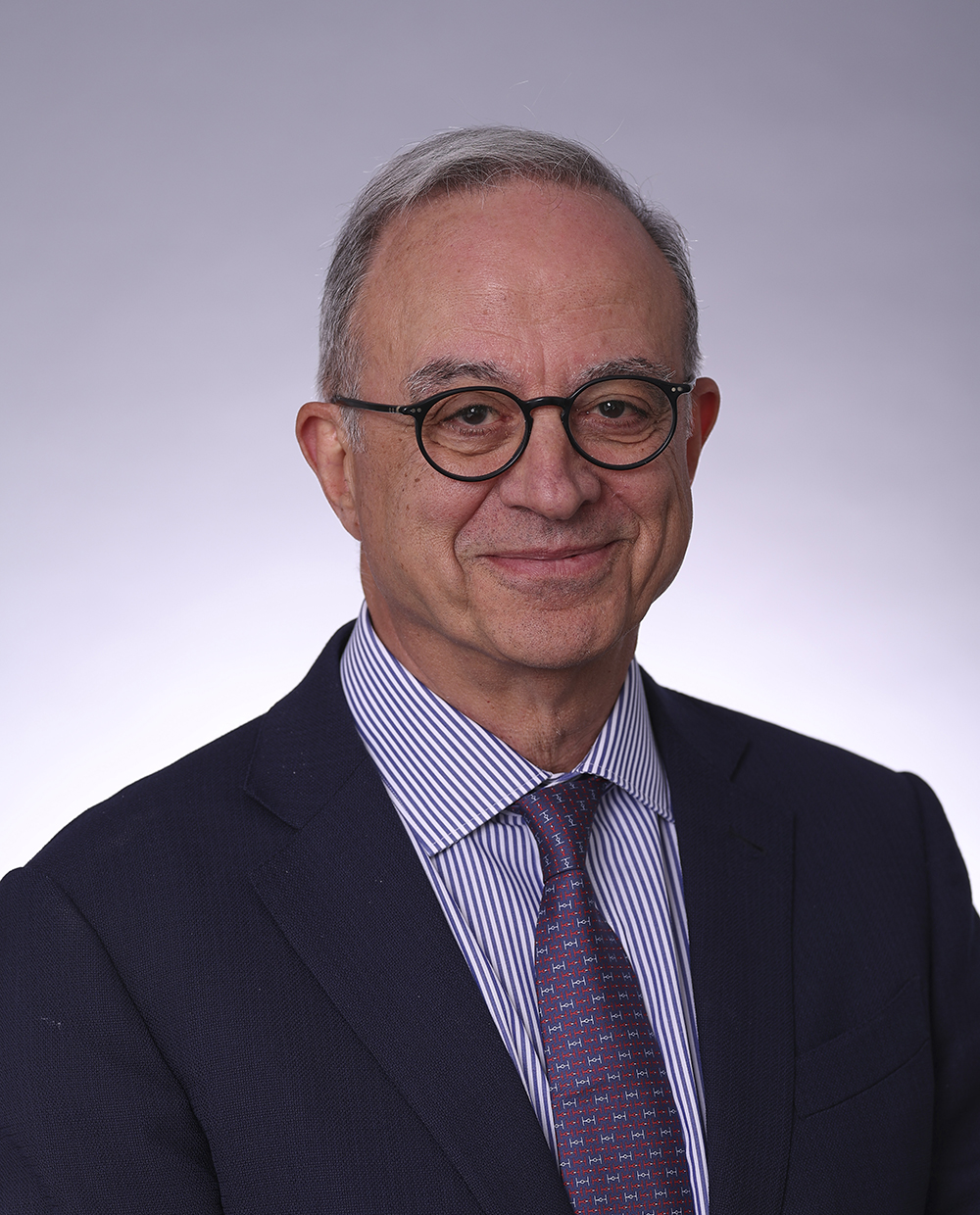
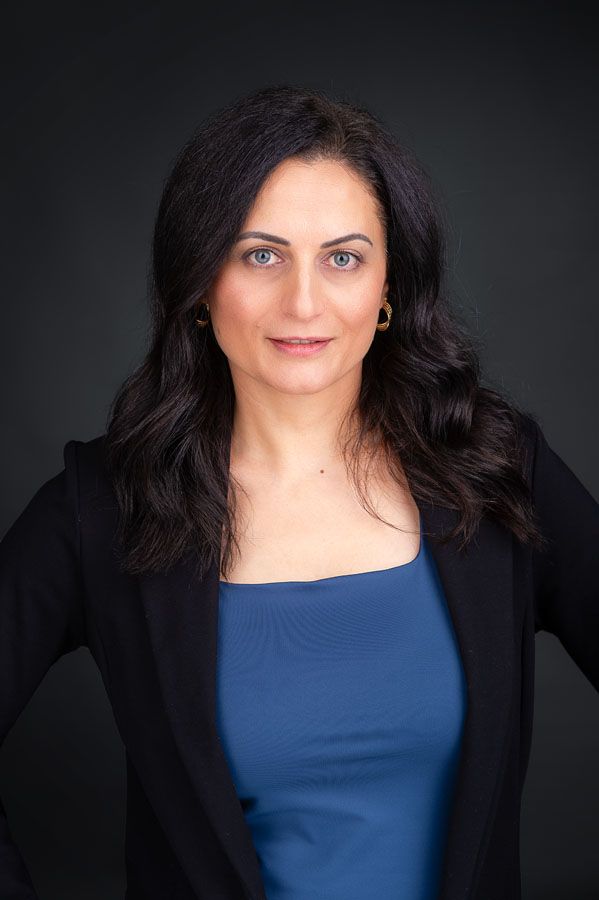
Aaron David Miller, Marwan Muasher, Manal Zeidan, …